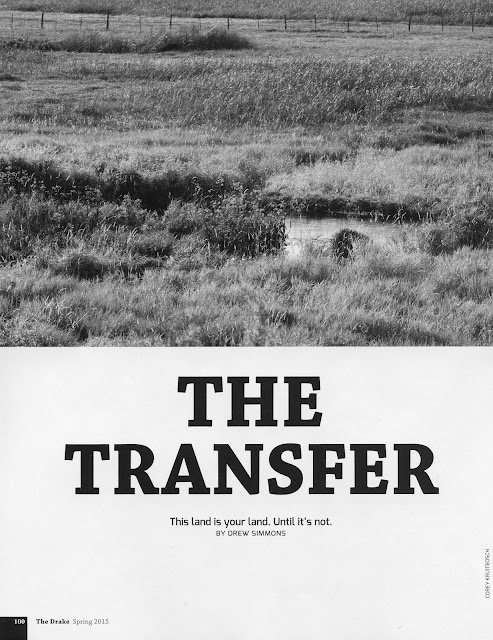Is green dead?
When I was a kid, Earth Day was a big deal.
Of course I lived within the giant eco-Disneyland bubble of Boulder, just outside of which the gun club would host a prairie dog shoot every April 22. ("... on second thought, let's not park the VW van outside town limits ...")
And then ... decades later ... Earth Day became a big deal again. Consumers with a)huge home equity lines of credit, and b)Large budgets of Health and Sustainability were lining up outside Whole Foods just to get their perfectly smooth hands on the $30 organic s'mores.
Things were booming for green products and green manufacturers. The nation started to take notice. And nobody saw it clearer than those of us in PR land.
Like some sort of gargantuan Johnny Appleseed-effect, green articles went from a sprinkling, to a blooming, to a full-on orchard explosion of storylines in less than a year. Green products begat green coverage. Green features begat green "special issues." And ... wait for it... green publishing begat green advertisements.
But right when I was offsetting the carbon impact of my carbon impact, something happened to make the romance dry up. ("...Hey, let's face it, I'm a single successful guy, and my last year of high school could be the best one of my life.).
These days, however, green reporting has slowed to a crawl. Sure, it still happens here and there, but when companies are clawing for survival and consumers are counting nickels, it's not much of a surprise that green editorial opportunities are few and far between, that the distance between green advertisers has grown further apart, and that special issues .... well .... aren't they all "special" now?
Earth day is about 11 weeks away, and on behalf of all the PR wonks out there, I'll just go on the record and say that the decrease in requests for earth day pitches on editorial calendars is remarkable. It's not 2008 anymore, that's for sure.
But while that's going to be a bummer for the hemp and activated charcoal industry, in my heart of hearts, I feel that we're better off now. Ironically, the explosion of green coverage just wasn't sustainable.
It's good for green to not be the flavor of the month anymore. It's healthy for green to have to be revolutionary not just evolutionary. And it's important that green has to compete with its big brother value for editorial attention.
It's good lesson to learn, son. It's how the world works after all. And while it might leave a few bruises -- it'll build character, too.



The green actions that can make a difference in the new economic reality are not about shopping, they are about community building and thrift, planting veggies, repairing stuff. It does moves the needle, but it doesn't move softshells.
ReplyDeleteA high-profile magazine called me recently and asked me if I'd help them with their Earth day coverage. They wanted to "shake it up" and "move past the cliches." I couldn't help them because all I wanted to talk about was spontaneous organizing and grassroots lobbying for policy changes. Cycling infrastructure, home-efficiency incentives, complete communities... That's what lies beyond the baby steps. But you can't sell ads around that...
Being "green" ain't about buying a new Prius... it's about patching the rust holes on your 15-year old Subaru and getting another year out if it. It's not about retrofitting your 4000-square foot house with solar panels; it's about unplugging all the shit you don't need.
ReplyDeleteAs long as we believe that we can buy our way toward some sustainable future, that future will always be just out of sight. It's a hard message, and therefore, not popular with mainstream media outlets. How ironic is it that the best thing we've done for the environment in the past few decades is have one motherfuckin' whoppin' recession?